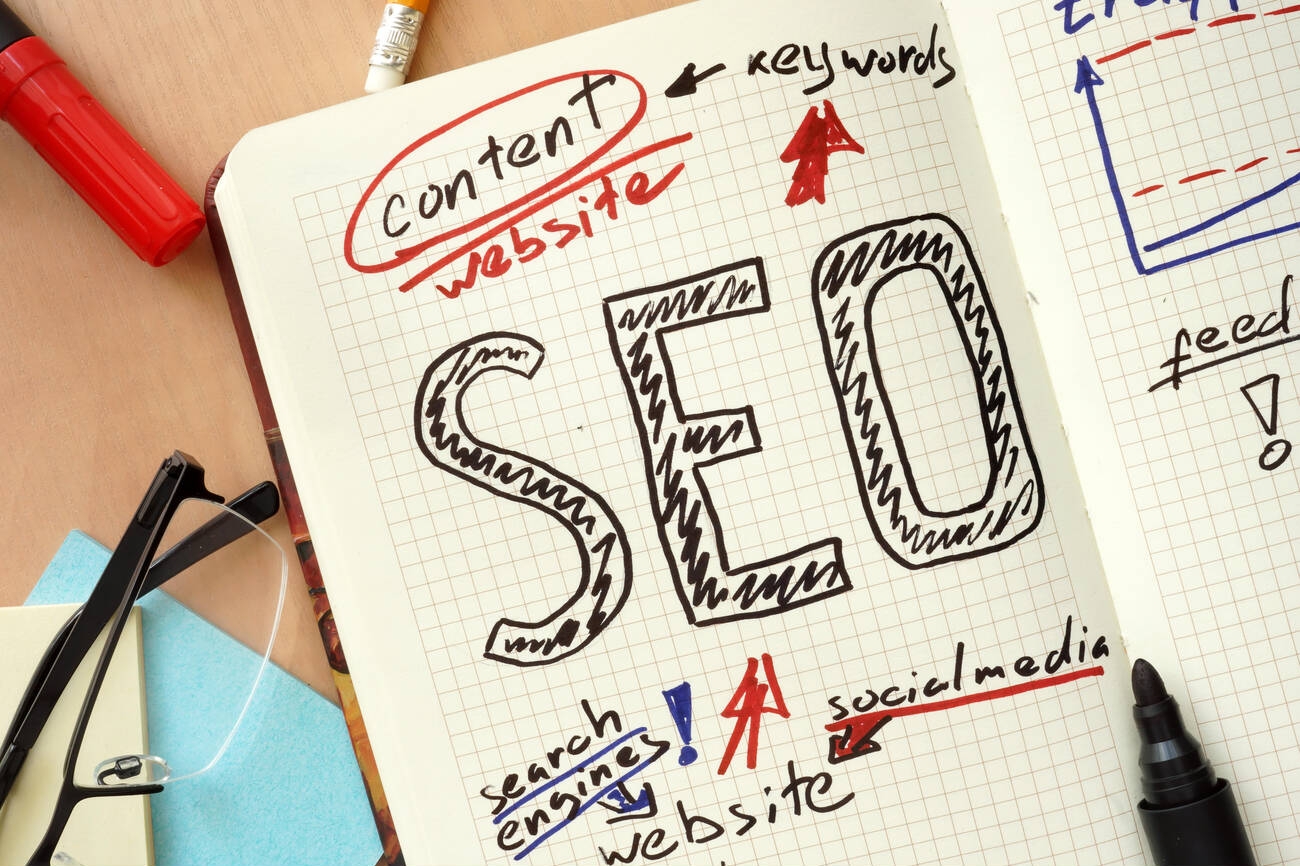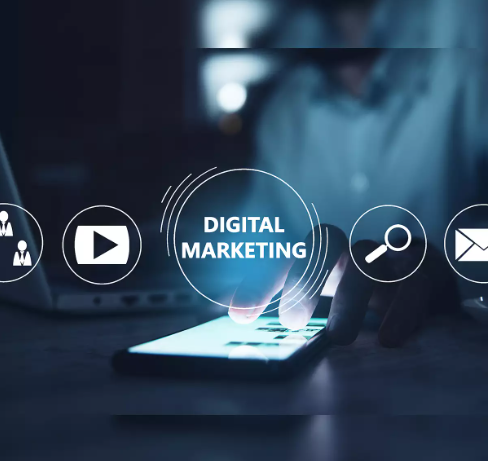

In today’s digitally driven world, consumers have unprecedented access to information and countless choices at their fingertips. This shift in consumer behavior has revolutionized how businesses reach and engage their target audience. Enter digital marketing, a multifaceted approach that leverages digital channels to promote brands, products, and services.
This blog serves as your one-stop guide to understanding the ever-evolving landscape of digital marketing. Here we’ll delve into
– What is Digital Marketing
– Types of Digital Marketing
– Scope of Digital Marketing
– Advantages of Digital Marketing
– Future of Digital Marketing
This is simply marketing of your products or services digitally compared to conventional marketing techniques. This involves marketing activities, all carried out online, allowing businesses to connect with their target audience through various digital channels.
Digital marketing encompasses a diverse array of channels and tactics, each playing a specific role in the overall strategy. Here’s a breakdown of some of the most prominent channels:
Search Engine Optimization (SEO): This involves optimizing your website and content to rank higher in organic search results on platforms like Google. Statistics show the power of SEO: According to Search Engine Land, the first organic result on Google Search gets clicked on 31.3% of the time, highlighting the importance of high search rankings. Statistics also show that website on the first page of Google get 95% of the web traffic. It involves meticulous keyword research, website optimization, and content creation tailored to meet the ever-evolving algorithms of search engines.
Search Engine Marketing (SEM): This involves paid advertising strategies like pay-per-click (PPC) campaigns, where you bid on keywords to display your ads at the top of search engine results pages (SERPs). HubSpot reports that the average return on ad spend (ROAS) for PPC campaigns is 5:1, demonstrating the potential for generating revenue through SEM. It’s a way of using search engine advertising to generate clicks to your website, rather than earning those clicks organically. PPC can offer an immediate boost in visibility and is highly effective in driving targeted traffic.
Content Marketing: Creating and sharing valuable, informative content (blogs, articles, infographics, videos) to attract and engage a target audience. Content marketing fosters brand awareness, establishes expertise, and nurtures leads. According to the Content Marketing Institute, 63% of businesses report that content marketing is successful in driving profitable customer action.
Social Media Marketing: Utilizing social media platforms like Facebook, Instagram, Twitter, and LinkedIn to connect with your audience, build brand communities, and promote your content and products. Social media boasts immense user basis. Post regularly and interact with your followers to build a community. Statistics shows that over 54% of social browsers use social media to research products. Also it projects that there will be 4.62 billion social media users worldwide in 2024.
Email Marketing: Building email lists and sending targeted email campaigns to nurture leads, promote offers, and drive sales. Email marketing remains a powerful tool: A study by the Data & Marketing Association (DMA) reveals that email marketing has an average ROI of $42 for every $1 spent, making it a cost-effective marketing channel.
Mobile Marketing: Reaching your audience through mobile devices using techniques like SMS marketing, app marketing, and mobile-friendly website design. The importance of mobile marketing is undeniable: Oberlo reports that over 60% of all web traffic now comes from mobile devices.
Affiliate Marketing: This is when other people promote your products on their websites or social media and get a commission for each sale through their link. Best Practice: Choose affiliates that fit well with your brand and have a good audience for your products. Statistic: Affiliate marketing accounts for over 16% of all e-commerce orders in the USA and Canada.
Digital Marketing is different in B2B and B2C businesses: B2B and B2C digital marketing diverge in target audience and approach. B2C marketing focuses on reaching individual consumers, often using emotional appeals and visually appealing content. B2B marketing targets businesses, emphasizing logic, data-driven results, and building long-term relationships with decision-makers through informative content and targeted lead nurturing campaigns.
The scope of digital marketing extends far beyond simply promoting products or services. It encompasses the entire customer journey, from initial brand awareness to fostering long-term loyalty. Here’s a glimpse into the different stages where digital marketing plays a crucial role:
Brand Awareness: Digital marketing strategies like SEO, content marketing, and social media marketing help establish brand recognition and build trust with potential customers.
Lead Generation: Capturing user interest through targeted campaigns, informative content, and engaging social media interactions helps generate leads for your sales funnel.
Nurturing Leads: Utilizing email marketing, personalized content, and automated workflows to nurture leads and guide them further down the sales funnel.
Customer Conversion: Encouraging users to take the desired action, whether it’s making a purchase, signing up for a free trial, or subscribing to a newsletter.
Customer Retention: Building long-term relationships with existing customers through loyalty programs, personalized communication, and valuable post-purchase content.
By effectively implementing digital marketing strategies across these stages, businesses can cultivate a loyal customer base and achieve sustainable growth.
As technology continues to evolve, so does the landscape of digital marketing. Emerging technologies like artificial intelligence (AI), machine learning, augmented reality (AR), and virtual reality (VR) are beginning to play a role in how marketers understand consumer behavior, personalize content, and create immersive experiences. The future of digital marketing lies in leveraging these technologies to provide more personalized, engaging, and seamless customer experiences across various digital channels.
In summary, digital marketing is an essential strategy for any business looking to grow and succeed in today’s digital world. It encompasses a wide range of marketing tactics and channels, all aimed at reaching and engaging customers online, where they spend much of their time.